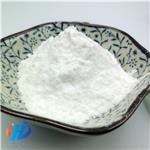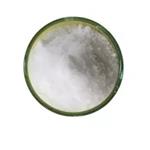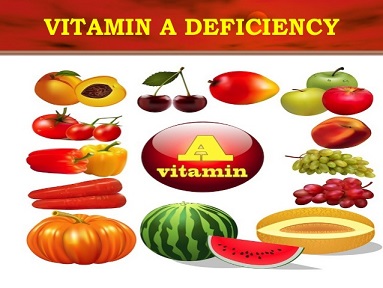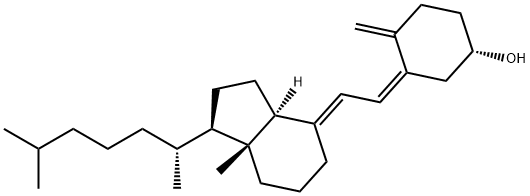Vitamin D study sheds light on immune system effects
Sep 23,2019
Scientists have uncovered fresh insights into how vitamin D affects the immune system and might influence susceptibility to diseases such as multiple sclerosis.
Vitamin D is produced by the body in response to sunlight and is often lauded for its health benefits. Researchers found it also affects key cells of the immune system.

This discovery might explain how vitamin D regulates immune reactions that have been implicated in autoimmune diseases such as MS.
The University of Edinburgh team focused on how vitamin D affects a mechanism in the body's immune system -- dendritic cells' ability to activate T cells.
In healthy people, T cells play a crucial role in helping to fight infections. In people with autoimmune diseases, however, they can start to attack the body's own tissues.
By studying cells from mice and people, the researchers found vitamin D caused dendritic cells to produce more of a molecule called CD31 on their surface and that this hindered the activation of T cells.
The team observed how CD31 prevented the two cell types from making a stable contact -- an essential part of the activation process -- and the resulting immune reaction was far reduced.
Researchers say the findings shed light on how vitamin D deficiency may regulate the immune system and influence susceptibility to autoimmune diseases.
The study, published in Frontiers in Immunology, was funded by the Medical Research Council, Biotechnology and Biological Sciences Research Council, Natural Environment Research Council and Wellcome.
Professor Richard Mellanby, of the University of Edinburgh's Centre for Inflammation Research, said: "Low vitamin D status has long being implicated as a significant risk factor for the development of several autoimmune diseases. Our study reveals one way in which vitamin D metabolites can dramatically influence the immune system."
Journal Reference:
Louise Saul, Iris Mair, Alasdair Ivens, Pamela Brown, Kay Samuel, John D. M. Campbell, Daniel Y. Soong, Nadine Kamenjarin, Richard J. Mellanby. 1,25-Dihydroxyvitamin D3 Restrains CD4 T Cell Priming Ability of CD11c Dendritic Cells by Upregulating Expression of CD31. Frontiers in Immunology, 2019; 10 DOI: 10.3389/fimmu.2019.00600
- Related articles
- Related Qustion
- Biological function and ?Metabolism of Vitamin D3 Jun 20, 2022
Vitamin D was discovered as an antirachitic factor and is the precursor of calcitriol, which is involved in calcium and bone homeostasis.
The general public knows the chemical compound of carbon dioxide as a greenhouse gas in the atmosphere and because of its global-warming effect. However, carbon dioxide can also be a useful raw material for chemical reactions. A working gro....
Sep 23,2019Inorganic chemistryThere are no unnecessary surface receptors in human cells. They all serve a purpose but which, in many cases, is still unknown and because of that they are called "orphan" receptors. When we discovered that insulin cells have a cell surface....
Sep 23,2019APIVitamin D3
67-97-0You may like
- Vitamin D3
-

- $15.00/ kg
- 2024-04-26
- CAS:67-97-0
- Min. Order: 1kg
- Purity: 99.912%
- Supply Ability: 10ton
- Vitamin D3
-

- $40.00 / 1KG
- 2024-04-26
- CAS:67-97-0
- Min. Order: 1KG
- Purity: 99%
- Supply Ability: 20t/month
- Vitamin D3
-

- $200.00/ KG
- 2024-04-25
- CAS:67-97-0
- Min. Order: 1KG
- Purity: 99%
- Supply Ability: 20 tons





